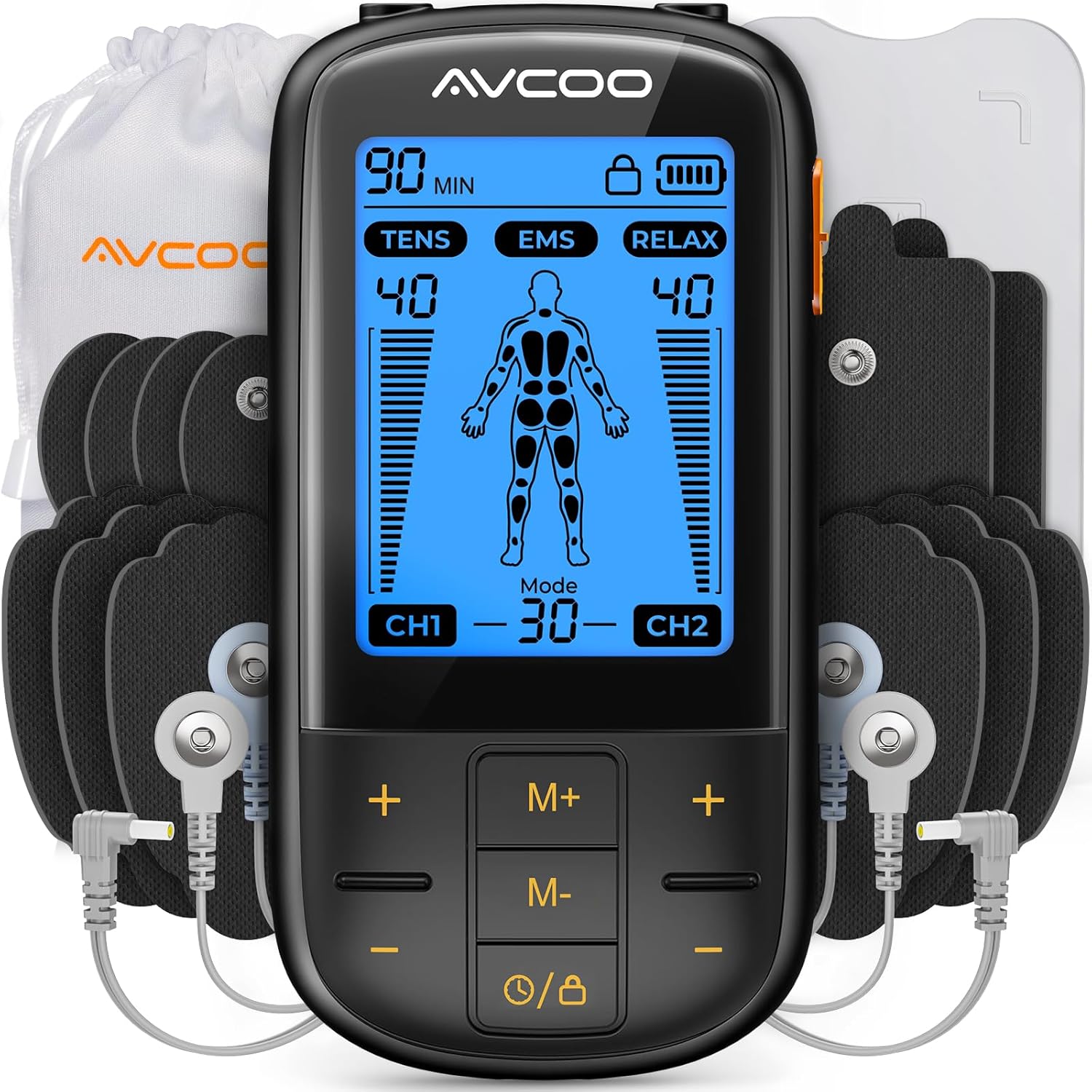January 29, 2026

Cold Therapy Machine with Programmable Timer, Portable Ice Machine for Knee After Surgery, Knee Replacement Recovery System for Pain Relief w/Compression Pad for Shoulder, Hip and Ankle
January 28, 2026

Speed Up Your Fitness Journey: Tips for Getting in Shape Quickly
January 28, 2026

RENPHO Valentines Day Gifts for Her Him, Heating Pad for Neck and Shoulders and Back, Birthday Gifts for Women Men, FSA Eligible HSA Store, 24″x33″ Weighted Electric Heat Pad, ETL Certified, Blue
January 28, 2026

Hyperice Venom 2 – Advanced Heat + Vibration Wrap (Leg) – FSA or HSA Approved
January 27, 2026

Border Patrol Reportedly Shoots Person in Arizona, in Fifth Shooting in 3 Weeks
January 27, 2026

Posture Corrector for Women and Men with Bionic System, Precise Full Back Support Back Brace for Upper and Lower Back Pain Relief with Two 3D Pads
January 27, 2026

Amazon Basics High Density Foam Roller
January 26, 2026

We asked a MAGA congressman if ICE’s use of deadly force is justified. His answer should scare all of us.
January 26, 2026

Achieving Your Fitness Goals: Tips for Success
January 26, 2026



